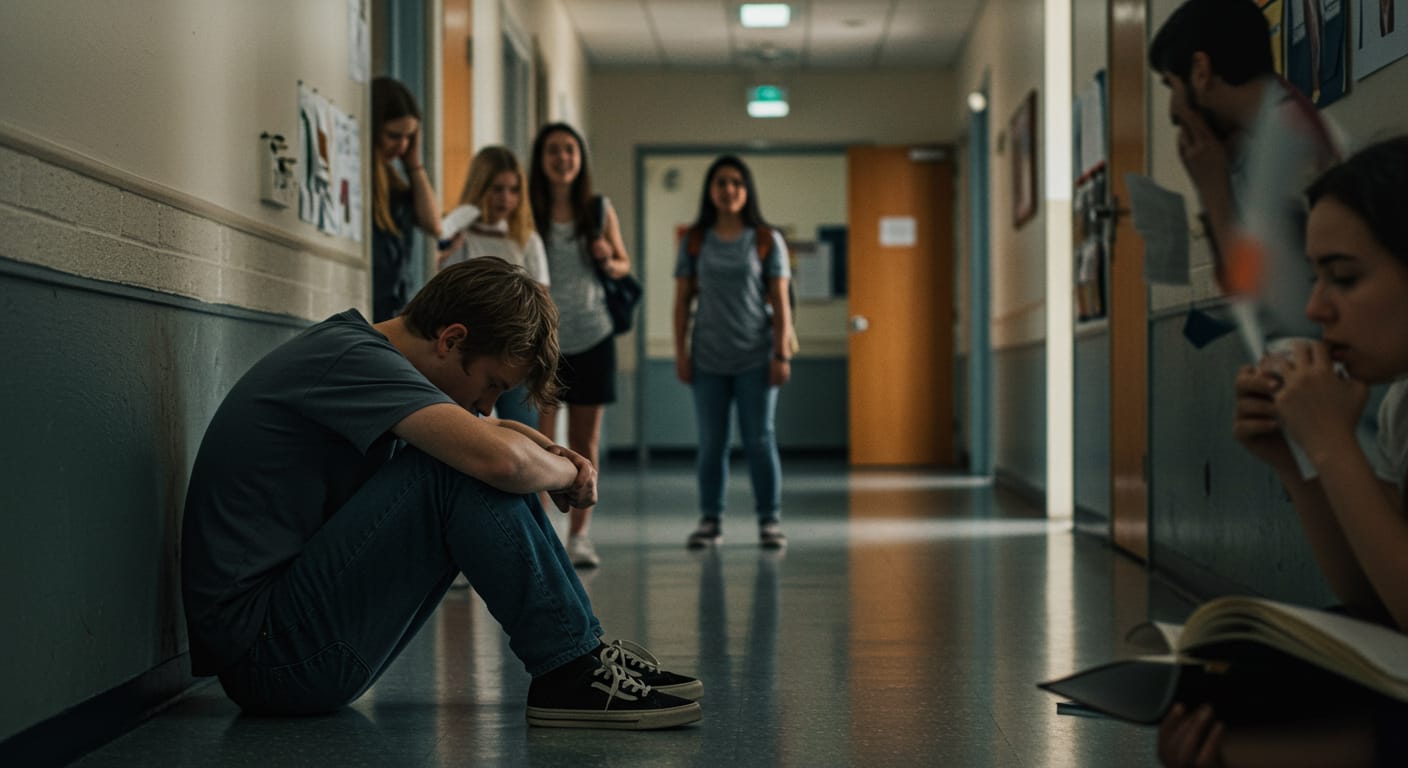Clinical Depression affects 1 out of 5 teens — is your child one of them?
What Is Clinical Depression in Teens?
Clinical depression affects as many as 1 in 5 teenagers—but many cases go undiagnosed and untreated.
According to recent studies:
-
9% of teens have experienced at least one major depressive episode in the past year.
-
15% report feeling depressed at any given time.
-
20% admit to suicidal thoughts.
Despite these alarming statistics, teenage depression continues to be misunderstood or dismissed—often mistaken for just “teen mood swings.”
Do You Know the Signs of Teen Clinical Depression?
Most cases of teenage depression begin in early adolescence, often as early as 14 years old.
Teen depression is not “just a phase.” It is a serious mental health condition that can lead to:
-
Substance abuse
-
Self-harm
-
Eating disorders
-
Suicidal ideation and attempts
Educate Yourself—And Save Lives
Hundreds of teens suffer in silence every year. Many do not get help because their cries for help go unheard, ignored, or mislabeled as attention-seeking.
“It’s just a phase” is one of the most dangerous assumptions a parent can make.
You don’t have to be a therapist to help.
But you do need to know what to look for:
Clinical Depression Symptoms in Teenagers
Teen depression can manifest differently from adult depression. Be on the lookout for these signs:
-
Sudden change in sleeping patterns (insomnia or oversleeping)
-
Trouble staying awake or focused at school
-
Drop in grades or academic interest
-
Social withdrawal from friends and family
-
Increased irritability or mood swings
-
Persistent sadness or crying spells
-
Talking about hopelessness, guilt, or worthlessness
-
Risk-taking behavior or sudden interest in dark content
-
Mentioning or researching death or suicide
-
Loss of interest in hobbies or favorite activities
Why It’s Overlooked
Too often, these symptoms are written off as “normal teen behavior.”
Some reasons depression goes untreated:
-
Cultural stigma or family myths about mental illness
-
Lack of access to care or resources
-
Misdiagnosis by adults who don’t know the signs
-
Teens being too afraid or ashamed to speak up
-
Adults dismissing concerns as “teen drama”
What You Can Do
If you suspect your teen—or any teen—is depressed:
-
Listen without judgment.
-
Talk openly about mental health.
-
Seek professional help early.
-
Avoid minimizing their feelings.
-
Provide consistent support and check-ins.
You could be the one person who makes a difference.
Be a Life-Saver. Get Informed. Stay Involved.
Don’t wait for signs to get worse.
Sign up for Patrice Foster’s blog and uncover tools, advice, and real conversations around teenage depression and recovery.
You never know whose life your awareness might save.


